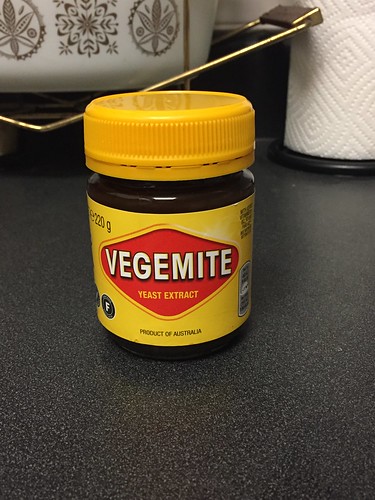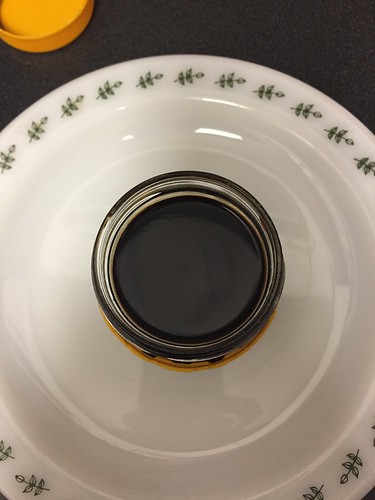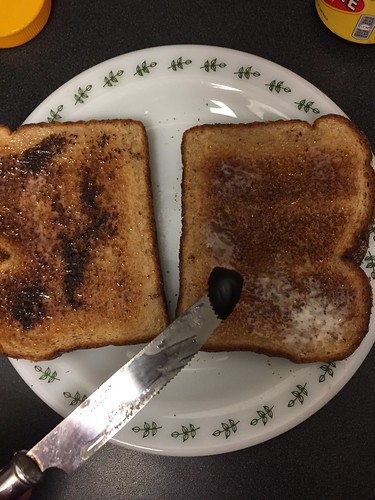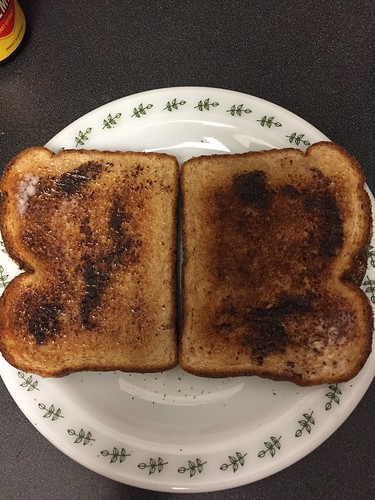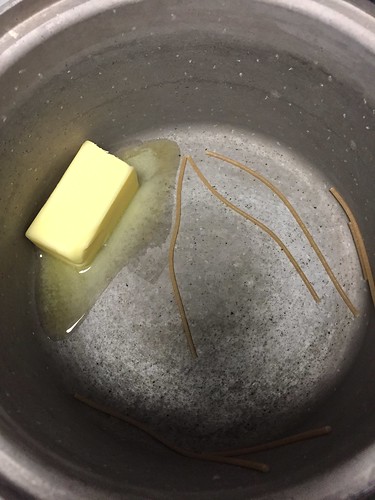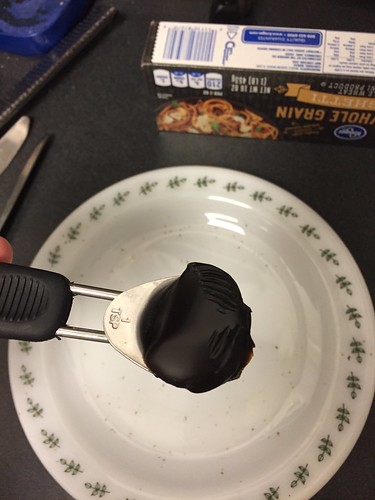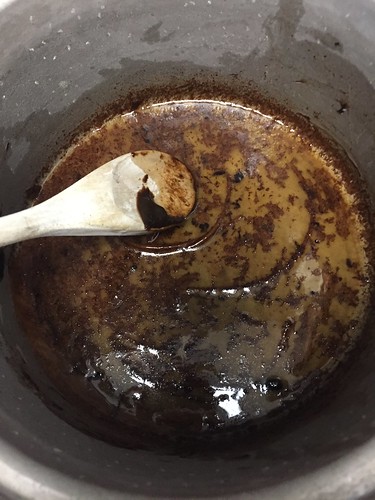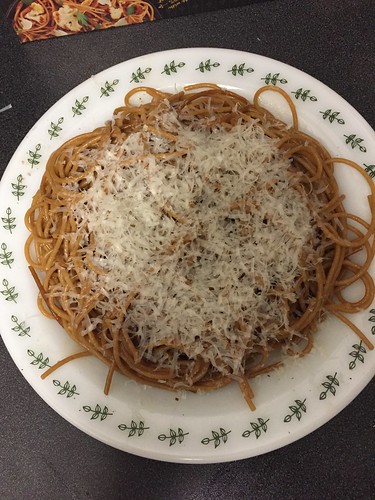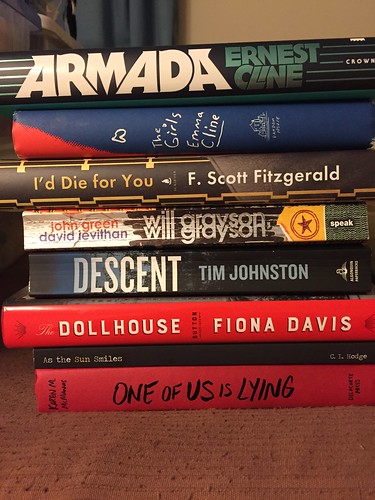My friends know this, and sometimes send me terrible books on purpose. I know this, and sometimes buy myself terrible books on purpose. I've read all six Twilight books. (If you didn't know there were six, you're probably forgetting The Short Second Life of Bree Tanner and Life and Death.) I've read 50 Shades of Grey. At one time, I accidentally owned two copies of Every Frat Boy Wants It (because I owned one copy and then I forgot to send back the stupid card in time when it was my gay book club's Book of the Month Selection to tell them I did not want it) and then I read the sequel.
I'm sharing this because I want people to understand that I know, and sometimes even appreciate, shitty literature. (Is "Shit Lit" a thing? I feel like it should be but am worried that if I try to start using the term it will get confused with literature about feces, which doubtlessly exists but which I am not googling to confirm.) It is because of this lifelong appreciate for terrible crap, like bad movies, bad tourist attractions, and bad books, that I can say that the two books I'm about to talk about are so terrible that no one should read them.
They were awful.
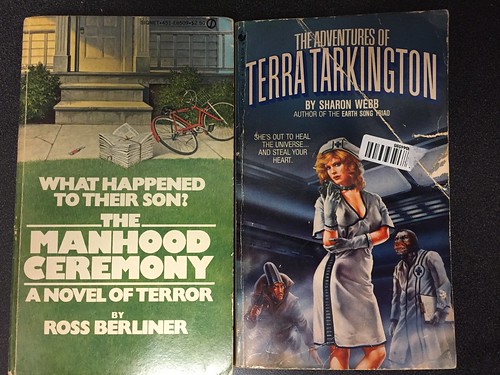
First up is book #41 for the year, The Manhood Ceremony, by "Ross Berliner". I put the author's name in quotes because the "About the Author" section revealed this:
"Ross Berliner is the pseudonym of an eminent physician and teacher at an Eastern university who specializes in adolescent medicine."
I am 100% convinced that's bullshit.
I read this book because on an online quiz that my friends and I were taking. It was a "How many of these 100 terrible books have you read?" quiz (I can't remember the exact name) and my friends were all laughing about their scores of four and five terrible books. My score was 26. Out of all of the friends that I know who took and posted it, I not only had the highest score, but my score was higher than any of theirs by multiples. You could multiply one friend's score by another score and still not reach my score. While we were all laughing about it, I decided I might as well continue reading terrible books for fun, so I closed my eyes, scrolled the quiz up and down a few times, and then put my finger on the computer screen. And that's how I ended up with "The Manhood Ceremony".
Which you should never read.
You may want to skip the summary paragraph below, as it discusses child molestation.
It tells the story of Ricky Stern, an attractive, well mannered twelve year old who is distracted away from his paper route, and ultimately kidnapped, by a bearded stranger who promises to show him something exciting. Instead, the stranger molests him in graphic detail, and then takes him on a multi-state journey of further molesting, both of Ricky and of another kid that the stranger kidnaps, rapes, and kills while Ricky watches. Along the way, two policemen try to track them down, and Ricky discovers that he really likes being molested because of the way it makes his muscular young body feel.
This cannot possibly have been written by a doctor who had to take a "do no harm" oath. There's something in this book for everyone to get offended by:
-child molestation
-child murder
-homophobia
-ableism (both mental and physical)
-ageism
-abuse of people with alcoholism and substance abuse issues
-classism
-anti-Semitism
-shoplifting
-discrimination against people with illnesses (I don't know an "ism" for this)
-probably some other stuff I've forgotten about because I tried to blot out that I've read this
When I finished this book I felt bad that I'd read it. I also felt like I needed a dozen or so showers.
I ended up with book #42, Sharon Webb's The Adventures of Terra Tarkington, through a somewhat similar path. My friend Jackie posted a link to horrible paperback covers, and that one looked so bad that I went ahead and bought it. It was also terrible, but at least reading it didn't make me feel like I should burn it and then compulsively wash my hands when I was done.
In the future, Terra is a space nurse in the Interstellar Nursing Corps. Unknown to her, she's also some sort of Manchurian Candidate, subconsciously programmed to trigger a galactic catastrophe by one of two competing secret organizations. Even after reading the book, I'm not exactly sure how she was supposed to trigger the terrible event, as it seems mostly to have happened by coincidence. One of the secret spy agencies spends the whole book trying to maneuver her into position, and the other spends the whole book trying to figure out who the secret doomsday trigger is so that they can stop her. In the meantime, Terra keeps having weird space adventures that are probably supposed to be funny while also trying to win the heart of the handsome Dr. Brian Scott, one of the only other humans on her space station.
This wasn't bad in any offensive way. It just wasn't very good.
I was going to end by promising to try to do better, but we all know I'm just going to keep sneaking crap in among the other books.
I will give up on trying to make Shit Lit a term, though.
